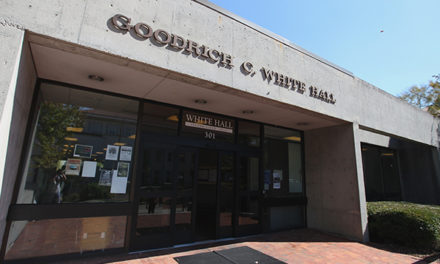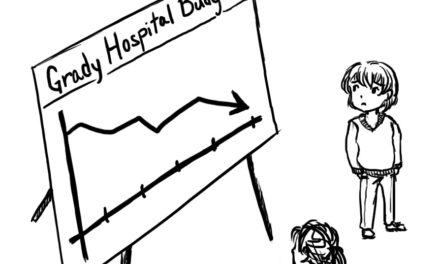Last week, former Massachusetts Governor Mitt Romney handily outperformed President Barack Obama in the Presidential debate. Many factors contributed to this unexpected turn of events. President Obama’s attempt to play the calm, “presidential” leader ended up playing off that he was more passive and unsure of himself. Mitt’s more aggressive debate strategy allowed him to respond to the majority of the President’s talking points effectively. A stark difference in body language was also a big factor: Mitt Romney stood more erect and made clear, consistent eye contact, whereas the President kept his head tilted to one side and often looked down at the podium rather than meet Mitt’s gaze.
Since then, much spinning has been done by both sides. Many conservatives are rightfully happy that Mitt was so effective in the debate, though some predictions of mass polling and popularity turnarounds are likely very overstated. He may have arrested some of his decline in the polls, but it will take more consistent successes for his campaign to build more positive steam. Obama’s supporters (including those mainstream media pundits who are more or less already in his camp, such as many of the media personalities on MSNBC) have been working hard to make the debate more palatable, coming up with explanations ranging from Mitt outright lying onstage to him having secret notes written in the tissue he brought with him to the podium – though neither of those excuses hold much water.
However, the debate cycle will continue this week as the Vice President, Joe Biden, debates with Congressman Paul Ryan in the second debate. Given the outcome of the previous election, what can we expect out of this second debate?
More verbal dueling.
According to the Commission on Presidential Debates, the vice presidential debate will be divided into nine 10-minute segments on both foreign and domestic policy, with each candidate having a two minute block of time to initially respond followed by an extended discussion of that issue. This will provide roughly 54 minutes of open discussion like that seen in last week’s debate. Paul Ryan definitely has the policy know-how to fill that time, especially on domestic and fiscal policy matters, and much pressure has likely been put on Joe Biden to meet that challenge after President Obama’s passive strategy failed last week.
Body Language.
In an interview with the Chicago Tribune, body language expert Janie Driver said that Obama’s body language was not confident. She said that “If you were from another country and you watched this based on body language, people would think that Mitt Romney was already the president…” and this will definitely come into play this week. Biden has to transmit the confidence that Obama did not, and Ryan will be expected to carry over the same level of confident, authoritative body language that Mitt Romney deployed in the previous debate.
More Sound-Byte-Ability.
One of Mitt’s rhetorical victories last week was his ability to capture very succinct descriptions of Obama’s poor policymaking or priorities. One popular clip involved Mitt’s critique of Obama’s energy policy: when Obama insisted that there needed to be a cut of the $2.8 billion in tax breaks to oil companies, Mitt pointed out that Obama’s $90 billion in subsidies to green energy companies – many of which are failed endeavors like Solyndra – was approximately equal to 50 years of the tax breaks to oil companies, and that this kind of decision making was not the right path to improving America’s energy policies. These kinds of succinct talking points that can go viral quickly are very powerful tools, and no doubt both Joe Biden and Paul Ryan will be trying to score big with their own moments.
This, however, means that Joe Biden carries more risk, as he is well known for his gaffe-making: more recent exploits include his assertion that the middle class has been “Buried” over the past four years, presumably under his own party’s policies. Biden could easily turn something he thought was catchy into something entirely ridiculous and laughable, and this could cost President Obama quite a bit.
Though there is still almost a month until Election Day, the debate process is extremely important in a race that is highly competitive and so critical to the future of the country. Hopefully, Vice-President Joe Biden and Congressman Paul Ryan will give everyone some great material to consider, and will help make even more distinct the choice between the two candidates for President of the United States.
David Giffin is a second year Masters in Theological Studies student at Candler School of Theology from Charleston, Ill.
The Emory Wheel was founded in 1919 and is currently the only independent, student-run newspaper of Emory University. The Wheel publishes weekly on Wednesdays during the academic year, except during University holidays and scheduled publication intermissions.
The Wheel is financially and editorially independent from the University. All of its content is generated by the Wheel’s more than 100 student staff members and contributing writers, and its printing costs are covered by profits from self-generated advertising sales.





